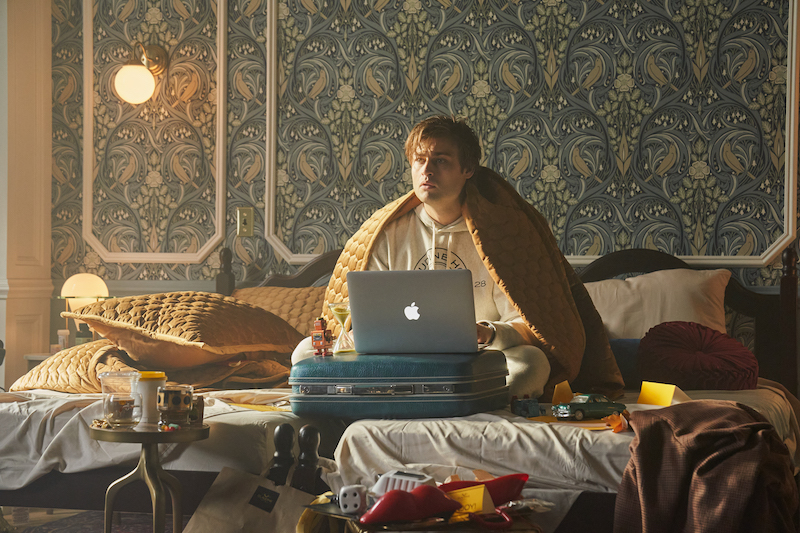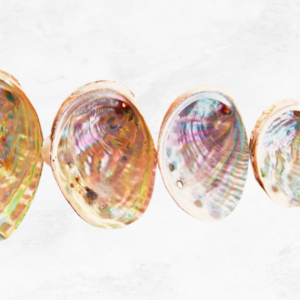
The rom-com of...Young Werther? Goethe's famous sadsack is getting a new adaptation.
That’s right, reader. A new film is putting a sly spin on the patron saint of emo kids.
Even before it made the enduring mold for a certain sort of sad boy—never forget that Dan “Gossip Girl” Humphrey was a mega-Werther fan—Goethe’s romantic tragedy rocked the literary world on its publication in 1774. An epistolary novel built of letters from Werther, a listless member of the eighteenth century German middle class, the book describes one young man’s consuming crush on the lamentably engaged Charlotte. Werther’s letters render the pain of unrequited love with a Sturm and Drang that expressed—or maybe anticipated—the angsty teenager.
The book resonated so deeply with young readers that it inspired a fleet of copy cats, who’d occasionally come down with a fatal case of Werther fever.
Though Goethe’s novel ends in tragedy—it’s called Sorrows, after all—this newest adaptation seeks light. In writer/director José Avelino Gilles Corbett Lourenço’s cheeky hands, Werther gets the Millennial treatment. Our hero’s inciting quest is framed as a pretext for a quarter-life rumspringa. And the ultimately doomed love triangle the action spins on is imperiled, in part, because Charlotte’s fiancee Albert (played by Patrick J. Adams) fails to achieve the ideal work life balance.
Thanks to production designer Ciara Vernon, the visuals also tend toward the lively. Werther’s world is rendered in sumptuous, saturated jewel tones, lending the world an out-of-time anachronism. (We’re in an old-timey Europe that permits the occasional iPhone.) Alison Pill, a general pleasure to have in class, breathes a wryness into Charlotte. And as played by Douglas Booth, this Werther is no pasty poet, but a gimlet-eyed ruffian with smoldering eyes.
Lourenço, who aspired to be a novelist before coming to filmmaking and has since written children’s books and journalism, first encountered Werther in a third year “coming of age lit” class. There he was struck by the narrator’s abjection, but also saw something kinda goofy in the guy. “The letters are just these cathartic outpourings…so full of melancholy,” he told me. “They’re so whiny…it’s a very woe-is-me kind of approach. Which I think is very funny.”
He’s aware that his film joins a “cornucopia of Werthers out there in the world.” (Did you know that the book inspired an opera? Or that Thomas Mann once took a pass at a sequel?) However his may be the only version to emphasize the comedy in the source material. That’s as much a function of the director’s style as anything Goethe put on the page.
Describing his aesthetic, Lourenço cited Howard Hawks and Mike Nichols as touchstones. “I love snappy dialogue, I love characters who are constantly one-upping each other. I love… characters who can make each other laugh,” he said. “I love films where you can hear the writing. I love experiencing worlds that clearly have some artifice to them…Who cares about real life?”
That ethos explains why characters in this sorrow tend to speak in banter, rather like they’re always experiencing, in Pill’s phrasing, “their best wittiest day on their fourth cup of coffee.”
Lourenço found the novel’s “pure brutal tragedy” less interesting to explore in a heightened register. And striking a tone that put youthful heartbreak into perspective felt truer to life—at least in this century. This same logic helps account for the film’s deviations from Goethe’s plot.
Though not every attempt to lighten and heighten made the cut—a skeet shooting scene that Lourenço initially hoped to film on top of a skyscraper in downtown Toronto was thwarted by a safety-minded location scout—readers inclined to faithful adaptations should proceed with caution. Specifically towards the film’s end, where (and ahoy, spoilers ahead) the absence of some Sturm und Drang has apparently offended some viewers.
Lourenço hastens to note that he understands if fervent Werther heads struggle with his Gerwigian, less-than-bleak denouement. But he’s also not too pressed about slaking the diehards. There was freedom in knowing his was not the final word on Werther. “If you want the beat for beat pure adaptation,” he said, “it’s out there.”
But in the meantime? This one’s fun.
Brittany Allen
Brittany K. Allen is a writer and actor living in Brooklyn.



















